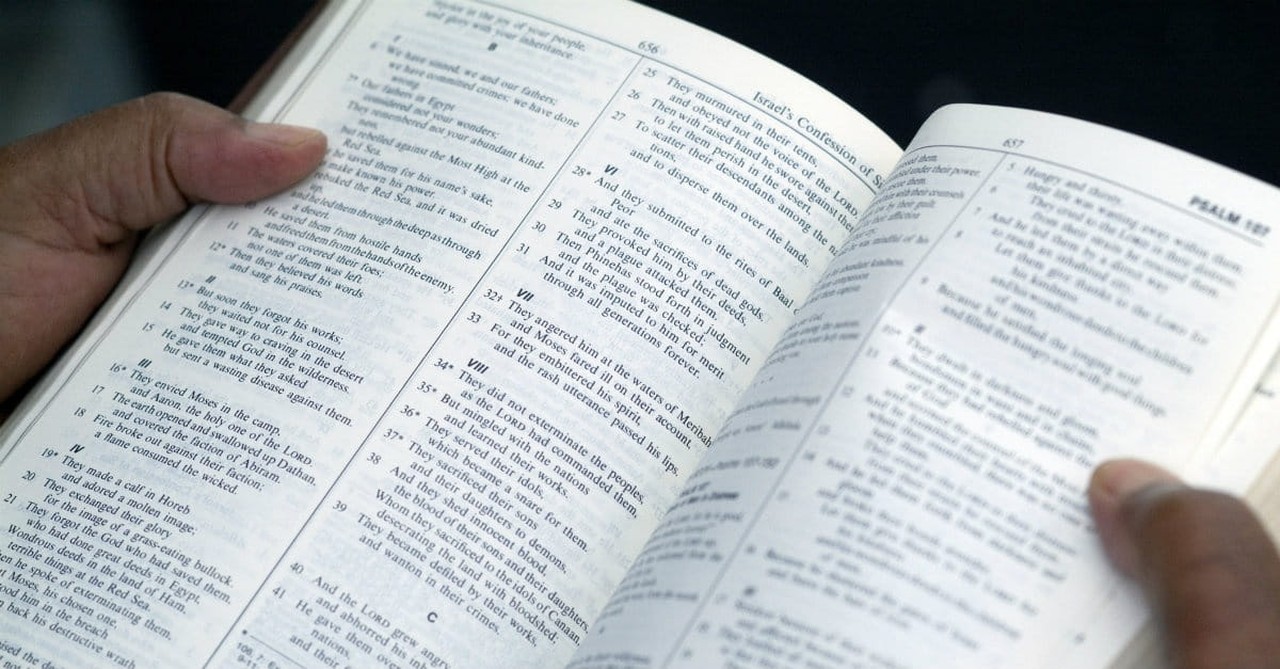
Christian clichés

Christian clichés
SLIDE 1 OF 7
Sometimes, we Christians just need something to say. We feel like we should have some piece of wisdom to offer, some answer to a crisis, some hope to hold out. But sometimes, our advice isn’t as useful as us just being there in times of need. It’s like when Job has just suffered a devastating loss, and his three “friends” have all the answers. They have the clichés, and Job lets them have it: "Doubtless you are the people, and wisdom will die with you!” Job 12:2
So, what Christian culture truisms do more damage than good? Allison Duncan at Relevant has five she thinks you should get rid of ASAP. They may be catchy, she says, but they’re also misleading. Here’s her list:
1. All sins are the same. No sin is worse than any other.

1. All sins are the same. No sin is worse than any other.
SLIDE 2 OF 7
While all sin is an offense to a perfect God, some sins do much more damage than others. That’s why in the Old Testament, “different penalties and consequences are assigned to different kinds of transgressions.”
2. Forgive and forget.

2. Forgive and forget.
SLIDE 3 OF 7
Forgetting how someone sinned against us can actually be counterproductive, Duncan says. Forgiving isn’t an option, since Jesus commands it. “But this doesn’t mean we have to trust untrustworthy people or make ourselves vulnerable to them again.”
3. God isn’t interested in making you happy; He’s interested in making you holy.

3. God isn’t interested in making you happy; He’s interested in making you holy.
SLIDE 4 OF 7
The problem with this one? It pits holiness and happiness against each other, as if they were opposites. Instead, we must learn to change our perspective on what happiness actually means:
“True happiness is not about us. It’s about God. It’s about being united with Him, which leads to wisdom and righteousness.”
4. During times of suffering, you’ll be closer to God because you have to depend on Him more.

4. During times of suffering, you’ll be closer to God because you have to depend on Him more.
SLIDE 5 OF 7
You may feel closer in your suffering, Duncan says, but you may not. The Bible is filled with examples of both. The point is that we’re to seek and praise God no matter what—not to heap on shame if they don’t have the “right” feeling.
5. If God feels distant, guess who moved?

5. If God feels distant, guess who moved?
SLIDE 6 OF 7
This is really like blaming the suffering person instead of embracing her. God may move away for His own mysterious reasons, and we just can’t be sure. “Don’t add to people’s pain by automatically declaring them guilty.”
Do you agree?

Do you agree?
SLIDE 7 OF 7
Your turn. Do you agree with Duncan that we should stop using these “clichés”? What common sayings or truisms would you add to the list?
John UpChurch is a contributor for Crosswalk.com. You’ll usually find him downing coffee at his standing desk (like a boss).
Originally published May 09, 2016.







